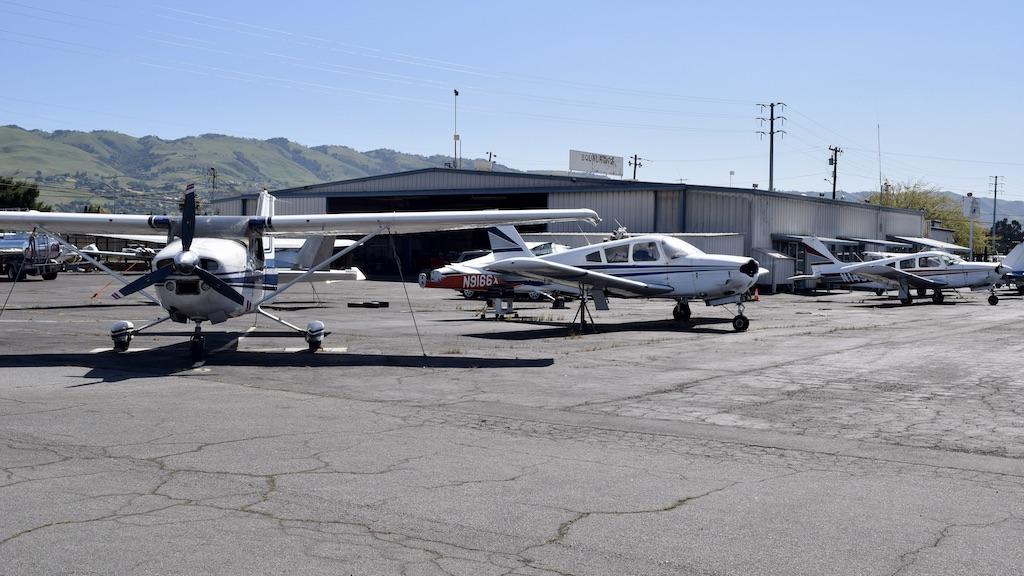
Piston-engine airplanes were parked earlier this year at Reid-Hillview Airport in San Jose, California, where sales of 100LL were stopped in 2022.
Credit: Bill Carey
Motorsport fuel developer VP Racing Fuels announced Dec. 12 that it has formed a new company, VP Aviation, to commercialize a high-octane unleaded fuel for general aviation piston aircraft. The announcement by San Antonio, Texas-based VP Racing follows the advancement of its UL100E aviation fuel to...
Subscription Required
Fuel Developer Forms New Avgas Company is published in The Weekly of Business Aviation, an Aviation Week Intelligence Network (AWIN) Market Briefing and is included with your AWIN membership.
Already a member of AWIN or subscribe to The Weekly of Business Aviation through your company? Login with your existing email and password.
Not a member? Learn how you can access the market intelligence and data you need to stay abreast of what's happening in the business aviation community.





